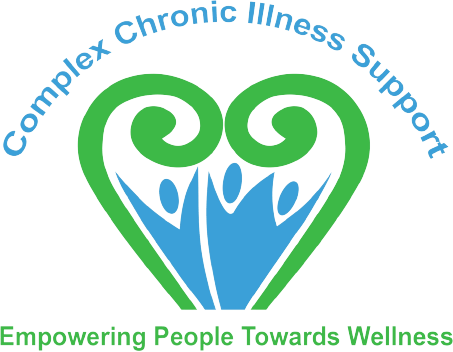PUBLISHED 10/28/20 BY EILEEN DAVIDSON
Tania (Health and Wellness Facilitator with CCI Support) found an interesting article last year that discusses some real advice on how and how not to support someone who is living with a chronic illness.
The full article can be read here: https://creakyjoints.org/support/how-to-support-someone-with-chronic-illness/
People who have strong social support networks tend to do better long-term.
Many with chronic illness patients routinely hear bad advice or hurtful comments, even from the people closest. Support people can, however, choose to learn. We can ask ourselves, how would I want to be treated if that were happening to me?
There are two main things you must know to best support someone with a chronic illness.
First, Understand Ableism and Disablism
- Ableism: The practices and dominant attitudes in society that devalue and limit the potential of persons with disabilities. A set of practices and beliefs that assign inferior value (worth) to people who have developmental, emotional, physical, or psychiatric disabilities.
- Disablism: A set of assumptions (conscious or unconscious) and practices that promote the differential or unequal treatment of people because of actual or presumed disabilities.
Both describe forms of discrimination, but disablism is more about discriminating against people with disabilities while ableism is more about discriminating in favor of non-disabled people.
Everyone’s stories, abilities, and limitations are different and it’s important to recognise this and reflect on it in our interactions with people who are living with chronic illnesses.
Secondly, know what effect Toxic Positivity has on a person.
Toxic positivity is the unhealthy mindset of dismissing or invalidating genuine negative emotions by promoting only positive thinking, often leading to the suppression of authentic feelings and hindering emotional well-being.
Examples of toxic positivity include saying things like:
- Everything happens for a reason
- What doesn’t kill you makes you stronger
- You just have to think or be more positive
- You’ll be fine
Some real advice on how to support someone with a chronic illness
- Show compassion and empathy
- Reflect on what is said and do your research
- Give validation and believe us
- Show interest and support for our journey
- Let us know it’s OK, not to be OK.
- Offer help – if you are able to
- Let go of expectations
- Let them rest

